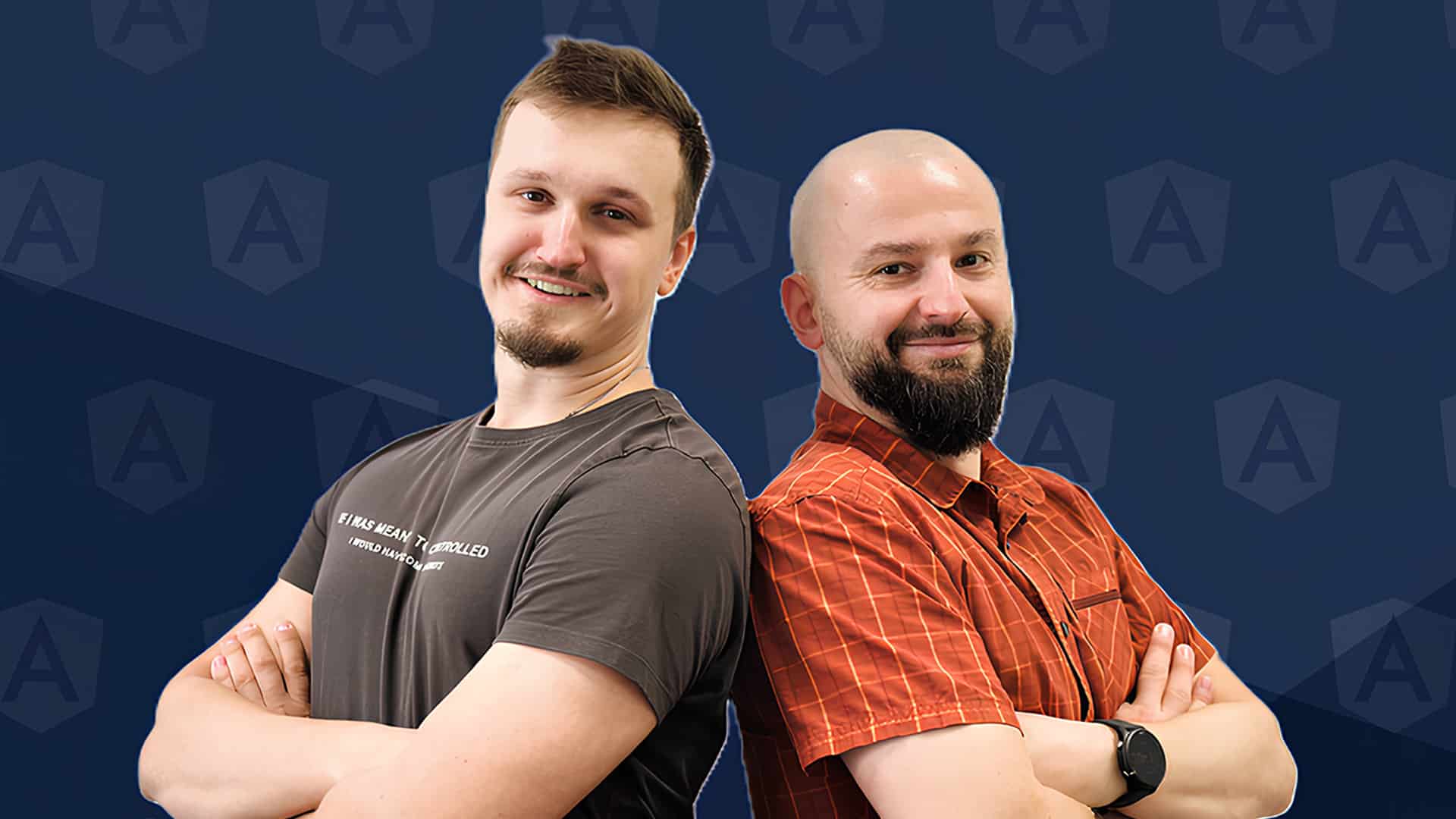When does sharing economy in software development make sense?
21. March 2016
Sharing economy is becoming increasingly popular. You probably know the companies Uber and Airbnb, which are very successful in using the sharing economy concept. Sharing economy has also spread to software development in terms of crowdsourcing.

By using crowdsourcing, many companies share the same developers, as the development projects are presented at a software development portal. Following, developers from e.g. Asia or Eastern Europe offer their help to solve the tasks. Sharing economy focuses on sharing human and physical resources and you can compare it to hiring a freelancer, who you also share with other companies.
Suitable for minor development projects
The development portals is a form of outsourcing, however, it is not all types of projects you should send to a portal. In our point of view, the portals are suitable for minor projects as e.g development of simple apps that are based on standard functionalities and it is simple to define the task. Once the task becomes complex and changeable, it is difficult to get the result you are seeking by using a portal. Therefore, we will not recommend you to send projects to portals, if the project will benefit from agile development. Also, you should not put your brilliant new idea in the hands of a random developer, who, in principle, can reuse your ideas on other companies’ projects. You need to think about the level of security, not only in relation to whether your ideas and code will be stolen, but also if you are obeying the law.
A smart start for start-ups
Using sharing economy, a company does not have to own everything to be competitive. That can be an advantage for start-up companies, which might not have the budget to hire fulltime developers. Some start-up companies are more willing to take chances in order to get their products ready for sale. When you decide to use development portals, you lose some aspects within software development. You do not have the option to build domain knowledge, as it will be different developers, who work on your project from time to time, so that is a risk you have to be willing to take.
Three pieces of advice for sharing economy in software development
As we work with outsourcing of many different types of development projects, we would like to give you my advice on what you need to pay attention to in the start-up phase. Our three pieces of advice are especially relevant when using development via portals:
- Study the CV: As the developers usually are working from Asia or Eastern Europe, there can be cultural and language barriers. If you can see from their CV that they have experience with similar development tasks, the barriers might not be so important, as the value in having the right domain knowledge is more important. The developers’ specialised competences are also important, as they might primarily take in tasks within their specialised area of interest, and thus, they can be a real competitor to expensive consultants in Denmark. If you also contact the companies, which they have worked for and ask about the cooperation and the final result, you are well on your way.
- Precise definition: Typically, the developers will work according to your specifications. This type of development requires a very thorough and precise description of your software and how you want the software to work. Remember that the software does not get any better than the description, so you might end up with a software that does not work according to your expectations. If you have no experience in defining software development projects, we will advice you to team up with someone, who has experience with this area.
- Close cooperation: Even though you have been very thorough in defining your project, it will be an advantage, if you in the contract include frequently follow-up meetings with the developer. Software development is often a dynamic process, and as you are the person with the idea, a close cooperation with the developer will only improve the final result.
More news
Angular meetup at Conscensia Warsaw Hub
October 18, 2024




